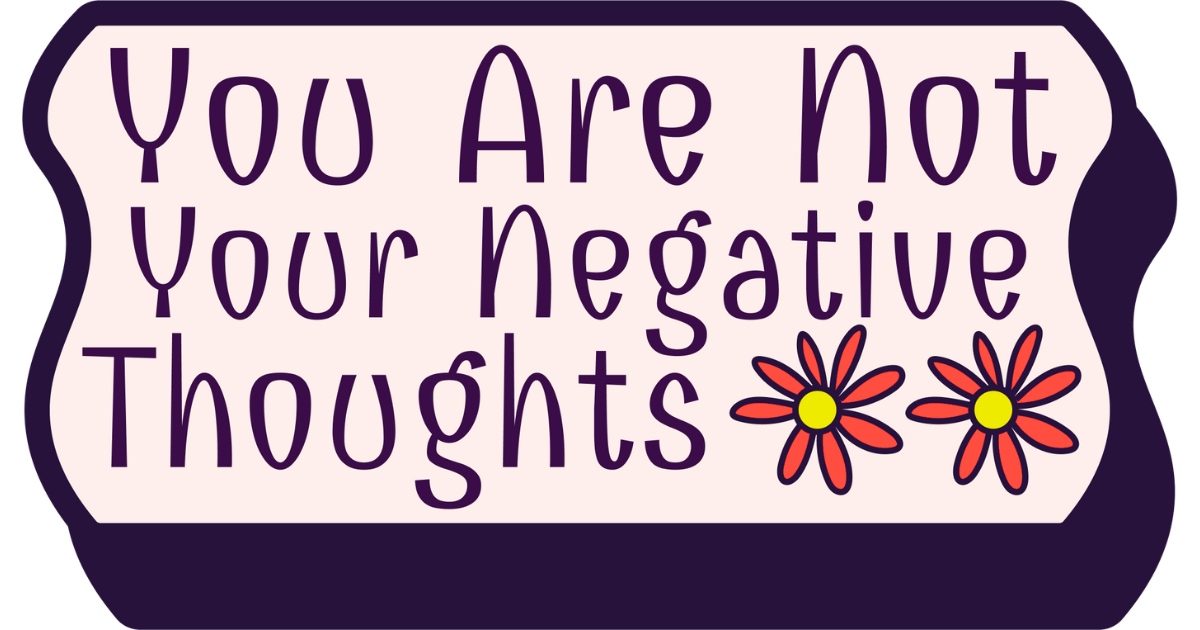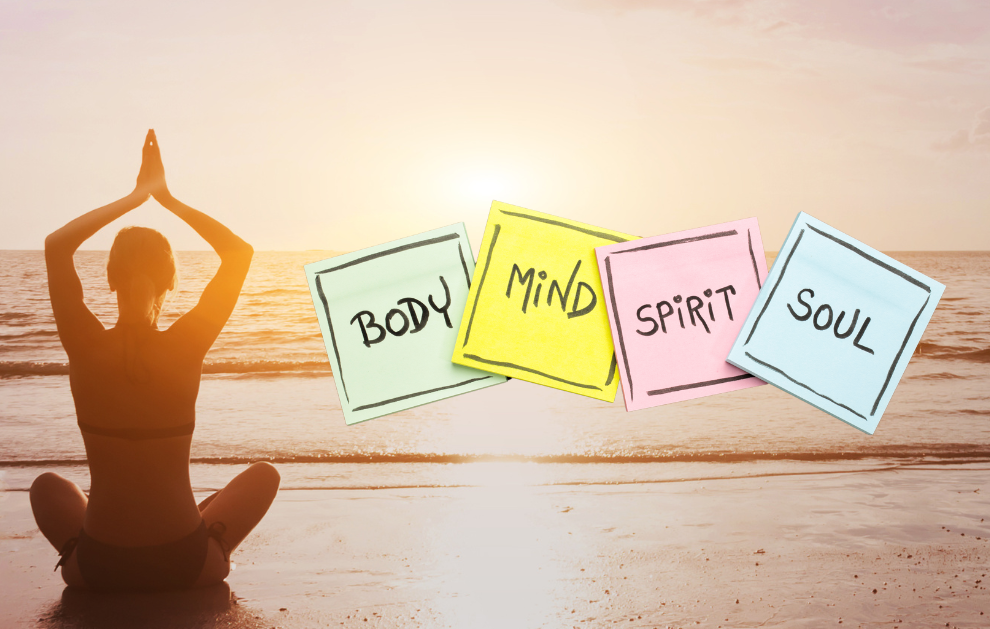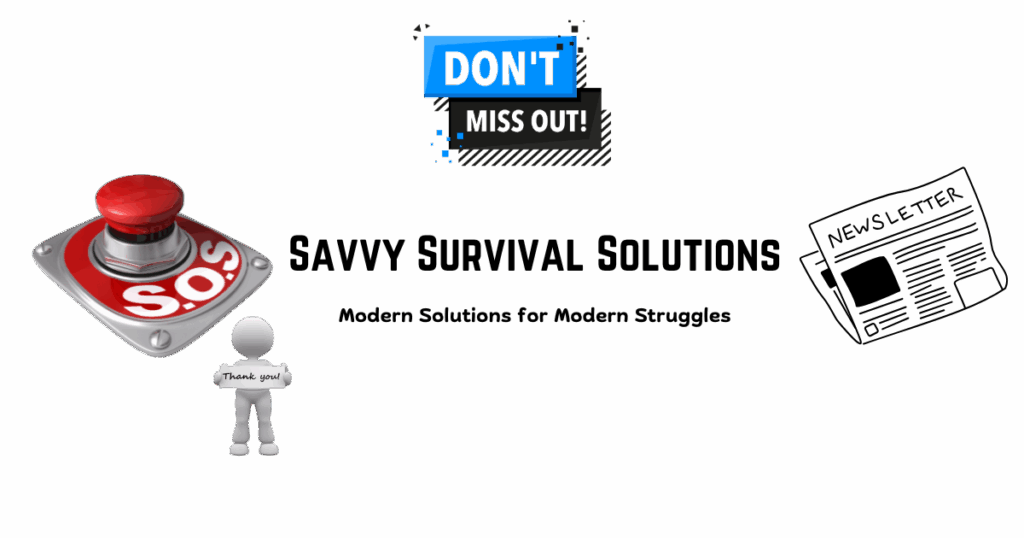
Introduction
We all want to live our best lives – to feel energized, focused, and emotionally balanced as we pursue our goals and connect with those around us. Yet for many of us, that ideal state feels frustratingly out of reach.
If you’ve ever wondered why you can’t shake persistent worry, why your motivation seems to have disappeared, or why you feel disconnected despite being more “connected” than ever before – you’re not alone.
These silent struggles, ones we often minimize or hide from others, affect millions of people from all walks of life.
The businesswoman who appears to “have it all together” might be battling crippling anxiety. The student who seems effortlessly successful might be fighting procrastination and self-doubt.
The social media friend whose life looks picture-perfect might be profoundly lonely.
In this series, we’ll reveal the common but rarely discussed challenges that shape our daily experiences:
- Stress and anxiety,
- lack of motivation,
- low productivity,
- and trouble sleeping.
We’ll explore practical, science-backed approaches to reclaiming mental wellness.
No more band-aid solutions or empty platitudes – just honest conversation and actionable strategies that work.
Whether you want to overcome a specific challenge or optimize your overall well-being, consider this your roadmap to sustainable mental fitness.
Recognizing Today’s Mental Health Landscape

The numbers tell a sobering story about our collective mental state.
According to recent research, approximately 19.1% of American adults experience an anxiety disorder each year – that’s over 48 million people.
Meanwhile, workplace burnout affects an estimated 77% of professionals, with many reporting they’ve experienced it multiple times.
Perhaps most concerning is how we’ve normalized these struggles.
“I’m so stressed” has become as common a greeting as “Hello,” while being perpetually busy is often worn as a badge of honor rather than recognized as a warning sign.
We celebrate the hustle culture that keeps us working around the clock, glorify sleep deprivation as a sign of dedication, and mistake chronic stress for high performance.
While offering unprecedented convenience and connection, technology has intensified many of these challenges.
The average American checks their phone 96 times daily – approximately once every 10 minutes. This constant digital engagement creates a state of continuous partial attention, making it challenging to focus intently or disconnect completely.
Social media platforms designed to capture our attention have created comparison traps that fuel anxiety and inadequacy. At the same time, work emails and messages follow us everywhere, eroding boundaries between professional and personal life.
This isn’t just inconvenient – it’s reshaping our neurological functioning.
Our brains, evolved for different challenges, now operate in an environment of information overload, constant stimulation, and unprecedented pace.
The result?
A mental health landscape where stress, anxiety, and burnout have become the new normal.
Common Silent Struggles
Behind closed doors, millions battle challenges that often go unspoken.
Let’s shine a light on some of the most common:
- Stress and anxiety manifest as persistent worry, racing thoughts, muscle tension, irritability, and difficulty concentrating. These conditions mainly affect students navigating academic pressure, working parents juggling multiple responsibilities, high-pressure professionals, and caregivers. Beyond the mental toll, chronic stress creates a cascade of physical symptoms from headaches to digestive issues.
- Depression and burnout present as persistent low mood, loss of pleasure in previously enjoyable activities, fatigue, brain fog, and emotional numbness. Burnout adds a layer of cynicism and reduced performance, particularly affecting healthcare workers facing emotional demands, teachers carrying heavy responsibilities, remote workers logging excessive hours, and new parents adjusting to dramatically changed lives.
- Lack of motivation and discipline reveals itself through a pattern of setting goals without follow-through, constant task-switching, and accompanying guilt. This struggle is widespread among solopreneurs trying to self-direct their work, college students balancing freedom with responsibility, and side hustlers juggling multiple commitments. The result is a frustrating gap between intentions and actions.
- Time management and productivity issues appear as overflowing inboxes, missed deadlines, and busy but unproductive days. Project managers juggling multiple responsibilities, freelance creatives balancing diverse clients, and overwhelmed parents often work harder but accomplish less, trapped in reactivity rather than intention.
- Loneliness and social disconnection manifest through feelings of isolation despite being surrounded by people, increased social media scrolling as a substitute for connection, sleep disturbances, and even elevated blood pressure. This affects remote employees who miss workplace interaction, retirees who are adjusting to changed social landscapes, and, surprisingly, Gen Z city dwellers who are surrounded by people but lack meaningful connections.
These challenges rarely exist in isolation.
Instead, they create reinforcing cycles:
- anxiety disrupts sleep,
- poor sleep worsens depression,
- depression dampens motivation,
- and low motivation creates productivity problems.
Understanding these connections is the first step toward breaking these cycles.
The Mind-Body Connection

Our mental and physical health are not separate systems but deeply interconnected aspects of our overall well-being.
This connection explains why psychological struggles manifest physically in ways that might surprise you.
When we experience chronic stress or anxiety, our bodies remain in a state of high alert. This activates our sympathetic nervous system – our “fight or flight” response – releasing stress hormones like cortisol and adrenaline.
While this response is beneficial in true emergencies, its chronic activation leads to physical symptoms, including:
- Muscle tension and pain, particularly in the neck, shoulders, and back
- Digestive issues, including stomach aches, nausea, and irregular bowel movements
- Cardiovascular effects, including increased heart rate and blood pressure
- Compromised immune function, leading to more frequent illnesses
- Skin problems, including acne flare-ups and eczema
The science of stress responses reveals that our bodies don’t distinguish between physical and psychological threats. The exact physiological cascade occurs whether we’re facing a dangerous animal or a stressful work deadline.
This explains why psychological stress can feel so physically exhausting – your body is preparing you to fight or flee.
Sleep plays a particularly critical role in this mind-body dynamic. During quality sleep, your body repairs tissues, consolidates memories, and processes emotions. Your brain cleans itself through the glymphatic system, removing waste products that accumulate during wakefulness.
Without sufficient sleep:
- Emotional regulation suffers, making you more reactive to stressors
- Cognitive function declines, reducing focus, creativity, and decision-making capacity
- Stress hormone levels remain elevated, keeping you in a state of physiological alertness
- Inflammation increases throughout the body, contributing to numerous health issues
This explains why a single night of poor sleep can dramatically affect your mood, focus, and resilience – and why chronic sleep issues so frequently accompany anxiety, depression, and burnout.
The relationship works both ways, with mental struggles disrupting sleep quality and poor sleep exacerbating mental health challenges.
Understanding this bidirectional relationship offers a powerful insight: by addressing physical aspects like sleep, movement, and breathing, we can positively influence our mental state. Similarly, by addressing psychological challenges, we can improve our physical well-being.
Breaking the Silence

One of the most powerful steps in addressing mental challenges is simply acknowledging them, breaking the silence that often surrounds these struggles.
Here’s why this matters:
Naming diminishes shame. When we put words to our experiences, we separate ourselves from them. You are not your anxiety; you are experiencing anxiety. This subtle distinction creates space for change.
Shared challenges become lighter. When we realize others face similar struggles, the isolation that often accompanies mental challenges begins to dissolve. This is why support groups and community approaches to mental health can be so powerful.
Acknowledgment enables action. We cannot address what we don’t recognize. Identifying specific challenges allows us to seek appropriate solutions rather than applying generic approaches that may not fit our needs.
Ready to take the first step?
Here are simple ways to begin your journey toward improved mental wellness:
- Practice non-judgmental awareness. Notice your thoughts, feelings, and physical sensations without labeling them good or bad. This mindful observation creates space between you and your challenges.
- Start a simple wellness journal. Spend two minutes each evening noting energy levels, mood, and any patterns you observe. This builds self-awareness without becoming another chore.
- Share with one trusted person. Breaking the silence doesn’t mean broadcasting your struggles to everyone. Choose someone who listens well and tell them what you’re experiencing.
- Try the 4-7-8 breathing technique. This simple practice activates your parasympathetic nervous system (the “rest and digest” response), creating immediate calm:
- Inhale quietly through your nose for 4 seconds
- Hold your breath for 7 seconds.
- Exhale entirely through your mouth for 8 seconds, making a whooshing sound
- Repeat this cycle four times.
This breathing pattern has been scientifically shown to activate the vagus nerve, lowering cortisol levels and creating a state of physiological calm. It’s particularly effective during acute stress or as part of a bedtime routine.
Conclusion

The journey toward mental wellness isn’t about achieving perfection – it’s about developing awareness, compassion for yourself, and practical skills to navigate life’s challenges.
By acknowledging your struggles and taking even small steps toward addressing them, you’re already breaking patterns that may have persisted for years.
Remember that growth happens gradually, often imperceptibly at first. A person who meditates for five minutes doesn’t feel transformed after one session, but after a month, they notice increased calm and focus.
You won’t immediately fix your work-life balance, but if you practice setting boundaries over weeks, you will reclaim precious personal time.
In our upcoming articles, we’ll explore the challenges we’ve explored today in greater depth. We’ll examine the science behind stress and anxiety, explore practical approaches to depression and burnout, unpack motivation and discipline struggles, and provide concrete strategies for everything from productivity to sleep quality.
Until then, I invite you to try just one small practice this week. Perhaps it’s the 4-7-8 breathing technique when you feel stress rising, or maybe it’s simply noting moments of low mood or anxiety with curiosity rather than judgment.
Whatever you choose, approach it with kindness toward yourself – the same kindness you would offer a good friend facing similar challenges.
Your mental well-being journey has already begun. I’m honored to walk alongside you as we explore these silent struggles and discover practical paths forward.
Next in our series: “Mastering Stress & Anxiety in a Fast-Paced World” – we’ll explore anxiety’s evolutionary purpose, how modern life hijacks our stress responses, and concrete techniques to create calm amid chaos.
![]()


